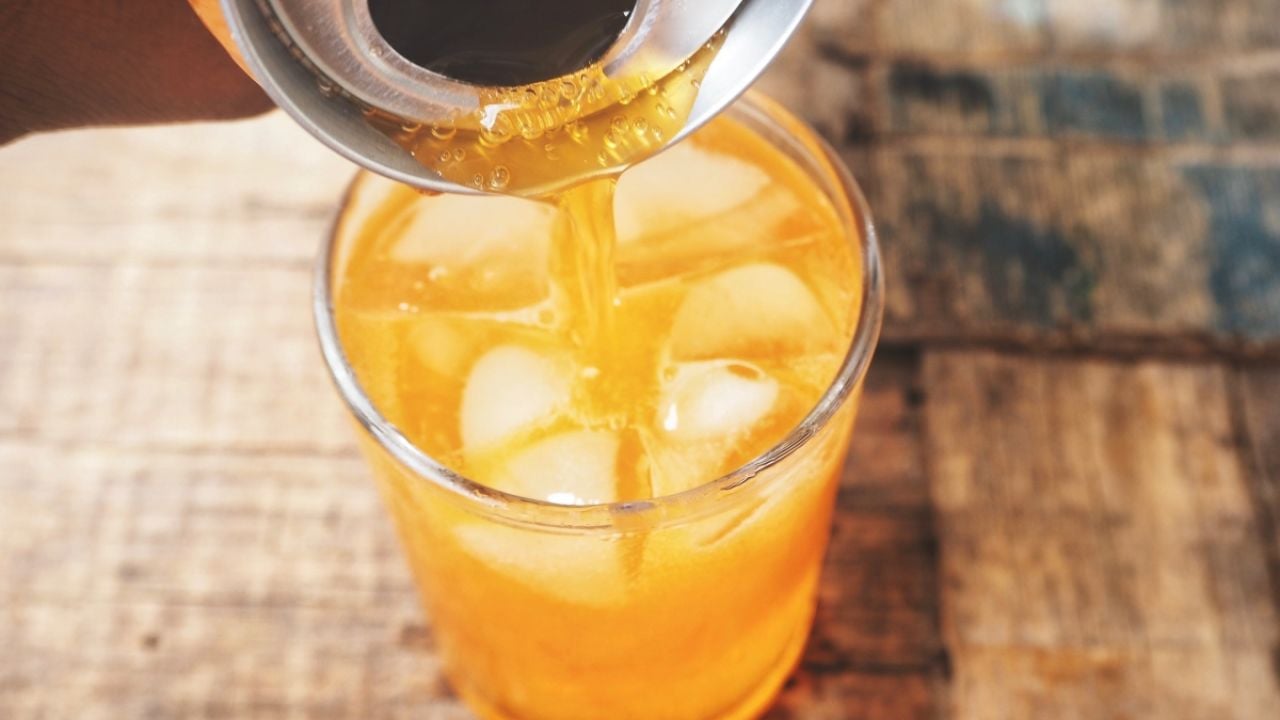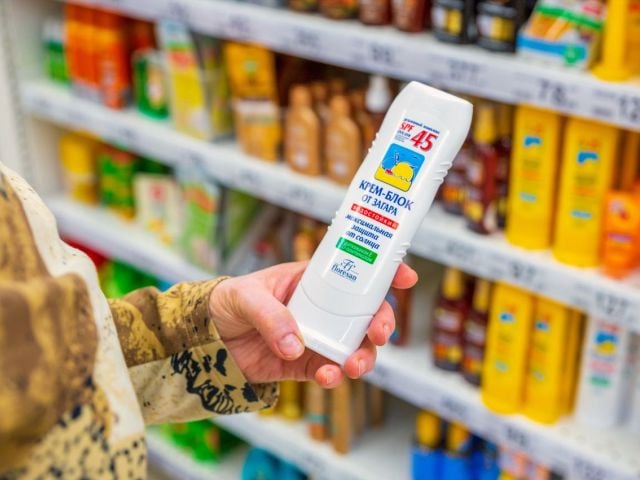
Carbonated orange drinks and fruit-flavored energy drinks contain an ingredient that isn’t in your morning OJ: brominated vegetable oil, or BVO, a chemical that can harm the nervous system.
BVO is a stabilizer that prevents the ingredients in fruit-flavored drinks from separating.
It’s been banned from drinks sold in Europe and Japan. Earlier this year, the California Food Safety Act was passed into law. It bans the manufacture, sale and distribution in the state of foods containing brominated vegetable oil, whose authorization the Food and Drug Administration just proposed to revoke, as well as potassium bromate, propyl paraben and Red Dye No. 3.
Until recently, BVO was found in a wide range of drinks, particularly citrus-flavored and other fruit-flavored drinks, sold in the U.S. A 2012 petition on change.org, which received more than 200,000 signatures, brought attention to the health problems relating to BVO. Under market pressure, many brands removed it from their products, but not all.
BVO is still found especially in so-called off-brand products, including store-brand products and lesser-known, smaller brands that are sometimes sold regionally.
Off-brand products typically cost less than brand name products. More than half of all shoppers choose off-brand items because of their lower cost, and people with lower incomes are more likely to purchase store brands than people with higher incomes. As inflation has pushed the cost of food higher, more shoppers have switched to lesser-known brands, though that’s less true of people with higher incomes.
But BVO can also still be found in lesser-known products from larger companies, including Sun Drop, made by Keurig Dr Pepper. Orangette and Great Value Fruit Punch, two Walmart products, contain BVO.
Products containing BVO that are included in Food Scores, our searchable database of 80,000 items, include drink mixes, powdered drinks, soda, kombucha and orange-flavored drinks. The database ranks food and drink products on ingredient, nutrient and processing concerns.
Regulatory review long overdue
BVO was originally considered “generally recognized as safe” by the Food and Drug Administration in the late 1950s and early 1960s, but that designation was removed in 1970. Soon after, at the request of manufacturers, the agency again claimed it could be used “on an interim basis” in limited quantities.
The FDA committed to a safety review of BVO decades ago but only now is it announcing that revoking the use of BVO is on the agency’s agenda. Don’t hold your breath waiting for this review – four in five FDA proposals on its agenda of upcoming actions never come to fruition.
In the absence of adequate regulatory oversight, EWG recommends shoppers read ingredient labels carefully to avoid BVO and other potentially harmful food additives.
We also suggest choosing fresh whole foods when possible and drinking water rather than soda or juice to avoid BVO and other chemicals, in addition to sugar and artificial sweeteners.
Editorial note: This article was updated on Monday, November 20 with recent information on regulatory status.


